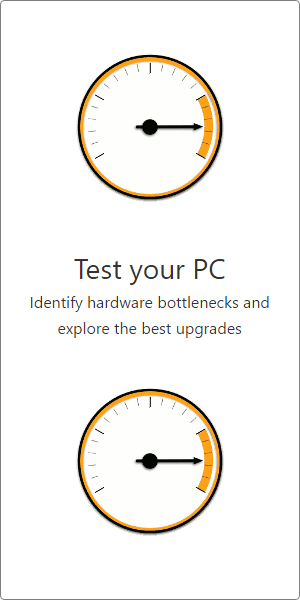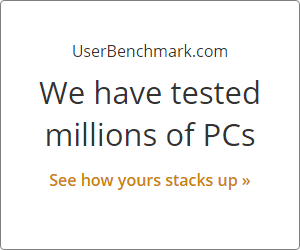Effective Speed
+35%
Poor: 69%
Great: 79%
SPEED RANK: 98th / 714
Poor: 91%
Great: 106%
SPEED RANK: 62nd / 714
| Effective 3D Speed
Effective 3D Gaming GPU Speed |
74.8 % | 101 % | Much faster effective speed. |
Average Score
+49%
Overclocked Score
+44%
Value & Sentiment
+1,612%
Nice To Haves
+53%
Conclusion
Average Bench 74.8%
Average Bench 101%
User Builds
43,922
13,762
Systems with these GPUs
Top Builds that include these GPUs

 GPU
GPU
